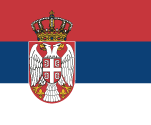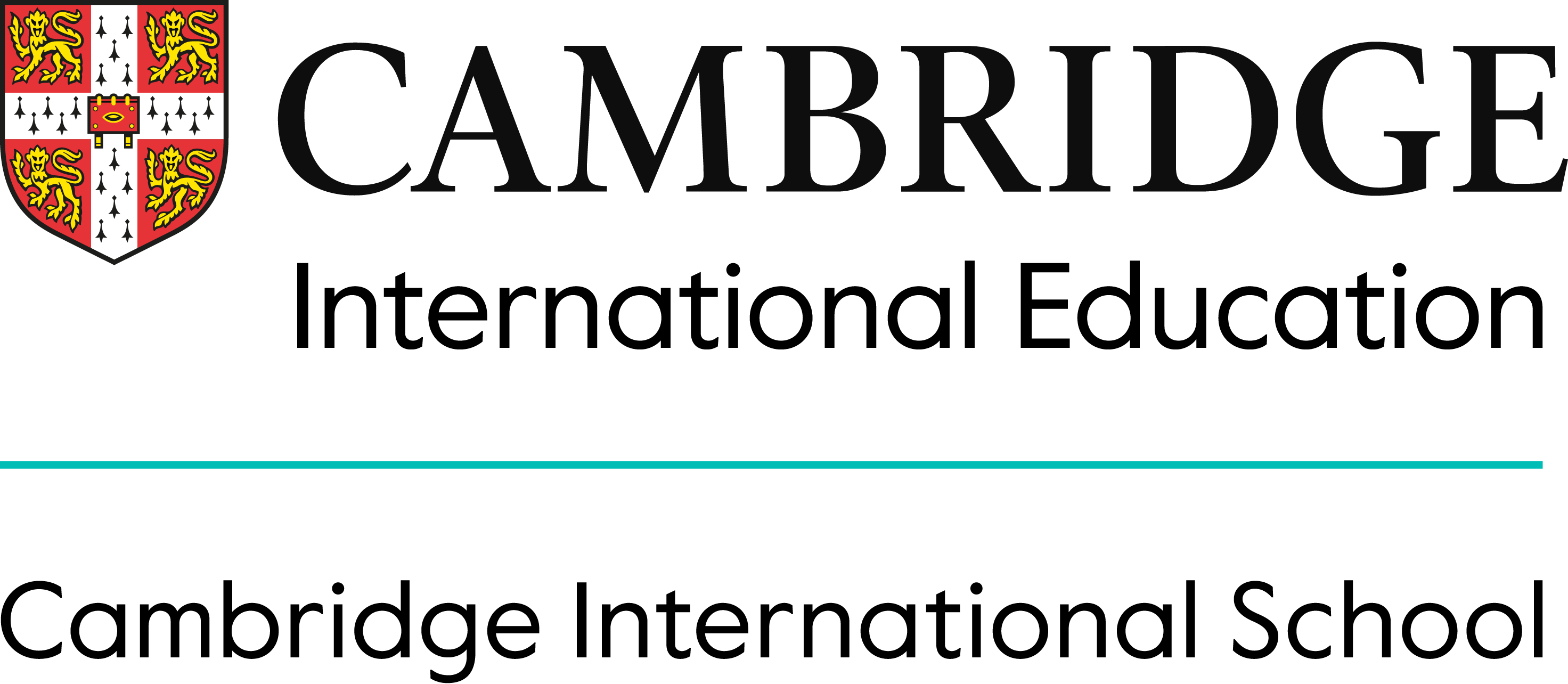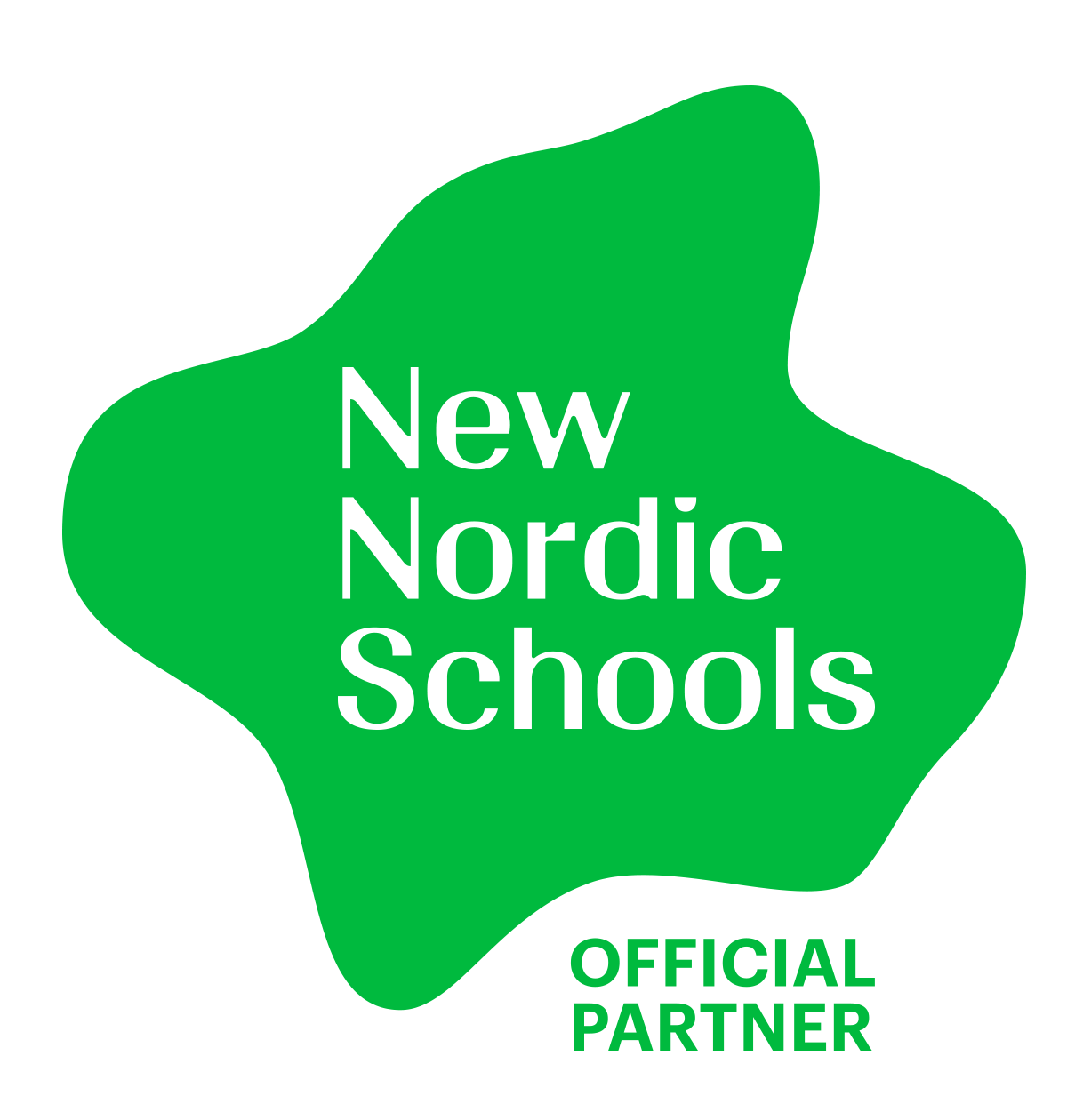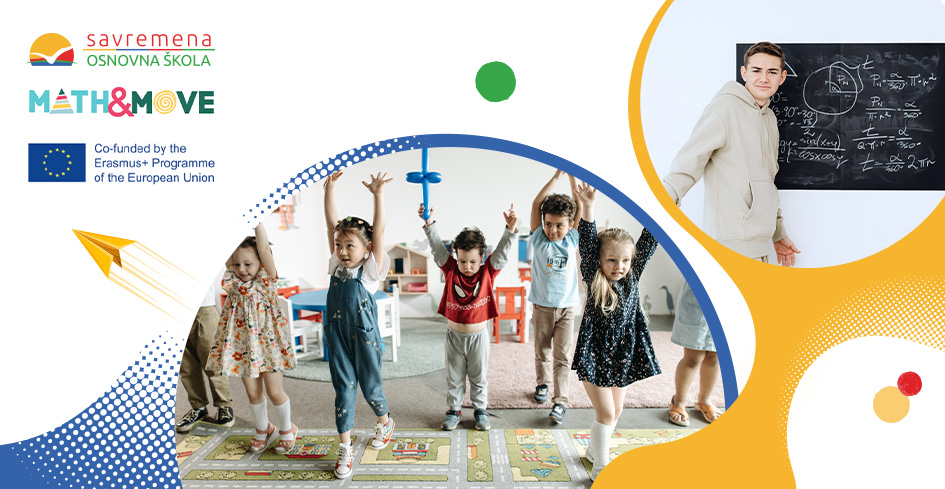
Math&Move: Moving to the beat of numbers!
linkadmin / / Blog, Erasmus+, I-IV, Kombinovani, Math&Move, Nacionalni, Uncategorized, V-VIII / February 22, 2023
Math&Move: Moving to the beat of numbers!
Movement-based learning for a better understanding of maths concepts and operations
Mathematics and STEM education in general hold the unfortunate reputation of being the “boogeyman” of subjects for school-aged children. This phenomenon in education research has been labelled “maths phobia”, manifesting as anxiety and fear that interferes with children’s maths performance.
The issue has been highlighted in findings from international student surveys such as the OECD’s PISA, with the latest report from 2018 showing that in the EU-27 about 23% of 15-year-olds do not reach even basic levels of skills in mathematics and science. Underperformance is especially prevalent among students with socioeconomic disadvantages and those with learning disorders, such as dyscalculia.
A 2022 Eurydice report sheds light on these findings and underscores that “the way in which mathematics and science are taught in schools greatly influences students’ attitudes towards these subjects, as well as their motivation to study and, consequently, their achievement.” Against this background, we’ve launched a unique project bringing together countries from different regions of Europe (Belgium, France, Greece and Serbia) with the aim of targeting maths-related anxiety and underachievement with an innovative teaching method and resources.
The Math&Move project will link abstract mathematical concepts to the concrete reality of pupils ages 6–9 by using movement and storytelling. The project is based on providing learners with tangible activities (either through whole or partial body movements) that contextualise traditional maths instructions using examples which activate their imagination and, thus, alleviate the stress associated with learning maths. In this way, the multidisciplinary approach of this project will also simultaneously reach a diverse set of learners by tackling different types of intelligence: visual-spatial, linguistic-verbal, logical-mathematical, and bodily-kinesthetic.
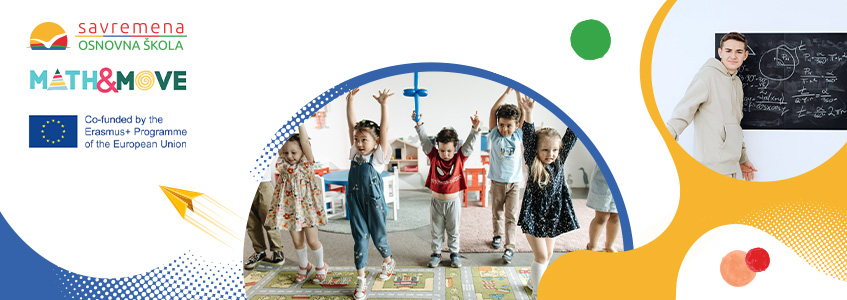
Furthermore, to ensure that a wide scope of learners can benefit from our resources, all materials will be available for free, including the e-books which will contain introductory stories about the kinesthetic maths lessons. In this way, they will be applicable for use not only in the context of formal education but also at home with families and friends. We will also prioritise the inclusion of learners with physical handicaps, dyspraxia and dyscalculia by presenting adaptations of all movements that they can more easily replicate and follow.
This 24-month project launched in October 2022, and partner efforts are already underway to provide support tailored to the needs of both pupils and their teachers to instil greater confidence and foster a love of learning maths.
Stay on the lookout for news related to the creation of all of these project resources and the launch of our project website!
Bibliography:
European Education and Culture Executive Agency. (2022). Increasing achievement and motivation in mathematics and science learning in schools. Publications Office. https://data.europa.eu/doi/10.2797/031821
OECD. (2019). PISA 2018 Results (Volume I): What Students Know and Can Do. OECD. https://doi.org/10.1787/5f07c754-en
